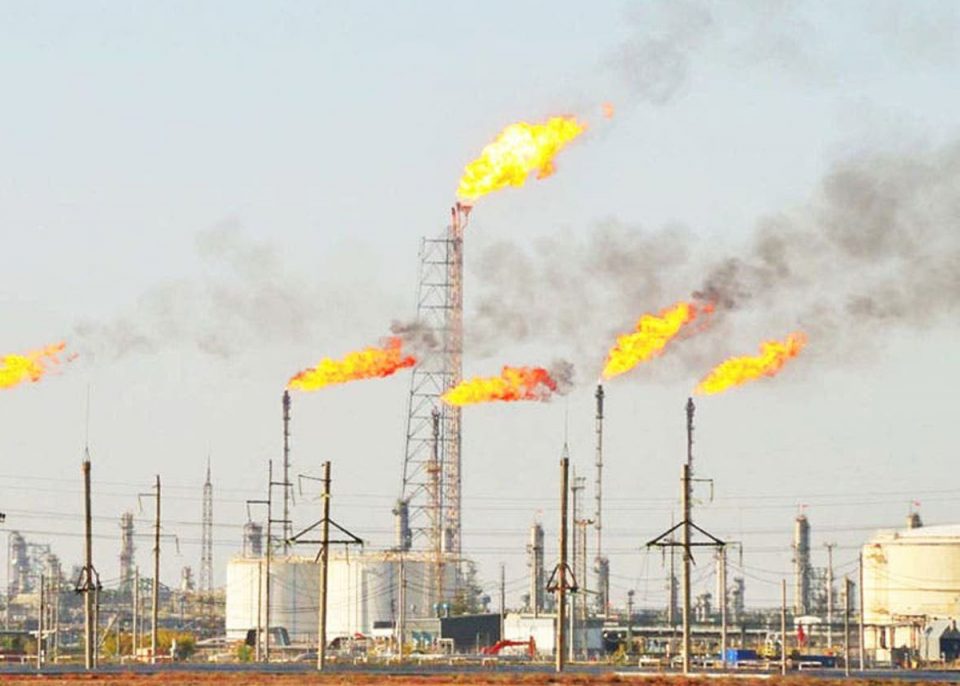The Executive Director Civil Society Legislative Advocacy Centre (CISLAC), Auwal Ibrahim Musa (Rafsanjani), has advocated the need for prompt review and full implementation of various legislation backing oil and gas exploration including Petroleum Industry Governance Bill (PIGB) in the country
He said the development would create room for appropriate measures against gas flaring which had cost the country trillions of naira in recent years.
He said the decades of persistent waste burning from gas production and separation constitute massive flares resulting in serious discomfort to the communities living near the flare sites.
’’ Flaring creates noise pollution and communities may have to live with permanent light. When gas is flared, the combustion is often incomplete, so oil droplets fall on waterways, crops, houses and people.
“Niger Delta is one of the 10 most important wetland and coastal marine ecosystems in the world. It is home to some 31 million people, according 2006 census. Oil spills, waste dumping and gas flaring are prevalent across region. It poses economic, health, environment and other challenges to local communities.
“Widespread environmental pollution, which has affected the region for decades, has damaged the soil, water and air quality.
“A report by Amnesty International reveals that hundreds of thousands of people are affected by gas flaring, particularly the poorest and those who rely on traditional livelihoods such as fishing and agriculture. The human rights implications are serious, under-reported and have received little attention from the government of Nigeria or the oil companies’’, he said.
He spoke on the recent declaration of decade of gas by the Federal Government, and emphasised the need for clarity of purpose to drive the ambition.
He said the declaration remains a policy statement until concrete effort is made towards attention shift from the nation’s existing mono economic practice to other less prioritised areas of the economy
He said the Federal Government’s policy of integrating artisanal and modular refinery operations into the oil and gas sector in order to curtail illegal oil activities in the Niger Delta region may be another shadow chasing exercise.
‘’This is another way government dodges critical problems bothering the nation. The government’s decision must be well-thought and carefully implemented to avert irreparable damage in the nearest future’’, he added
He said adequate attention must be accorded socio-economic development of the Host Community, adding that this can only be secured through a sustainable measure like legislation.
The Host Community has hitherto suffered the impact of operational activities of oil and gas exploration in the Niger Delta.
The Niger Delta is one of the 10 most important wetland and coastal marine ecosystems in the world. It is home to some 31 million people, according 2006 census. Oil spills, waste dumping and gas flaring are preva



